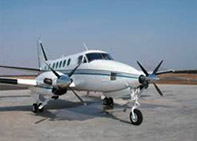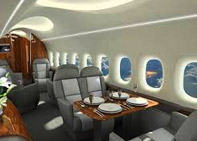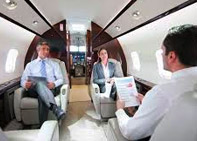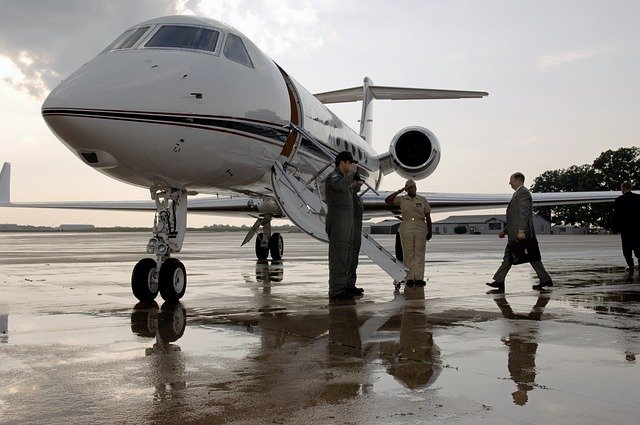Buying a private jet could be exorbitant, but the Trump Administration’s 2017 Tax Cuts and Jobs Act has updated the US tax code that could allow 100% bonus depreciation for items including aircraft.
It is reported that private jet buyers could write off the entire amount of their private jet’s cost on the tax return. And, this is said to apply to pre-owned and new aircraft. The changed tax policy also reportedly disallows private charter flight operators from getting charged with a tax framed for commercial flights.
The change is creating waves in high-end private jets. The tax change would allow private jet owners to deduct 100% of its cost immediately, according to the National Business Aviation Association (NBAA). The NBAA highlighted that the policy would not entitle private jet-buyers to more depreciation but give the buyers access to benefits faster.
The news is much-welcomed for the industry attempting to mend ways after a spate of tough years. Michael Amalfitano, CEO of Embraer Executive Jets, said that they were still in a recovering market. The milestone tax reform, complemented by macroeconomic indicators and positive economic data like GDP and corporate profits, highly favoured new aircraft acquisition.
Meanwhile, it is too early to state if the world’s billionaires would rush to buy private jets. Richard Aboulafia, Teal Group Vice President and aviation industry analyst, reiterated the sentiment. He said that there had been no historical linkage between bonus depreciation and market strength. And Phebe Novakovic, General Dynamics chairman, said that they would see how the tax reform plays out.
It is reported that aircraft owners that entered service between September 28, 2017, and December 31, 2022, would get to deduct 100% of its cost immediately. Specific aircraft would be eligible for a one-year extension, and others would fall into the bonus depreciation rates by 20% every year starting in 2023 till 2027, when it would hit zero.








Leave a Reply
You must be logged in to post a comment.